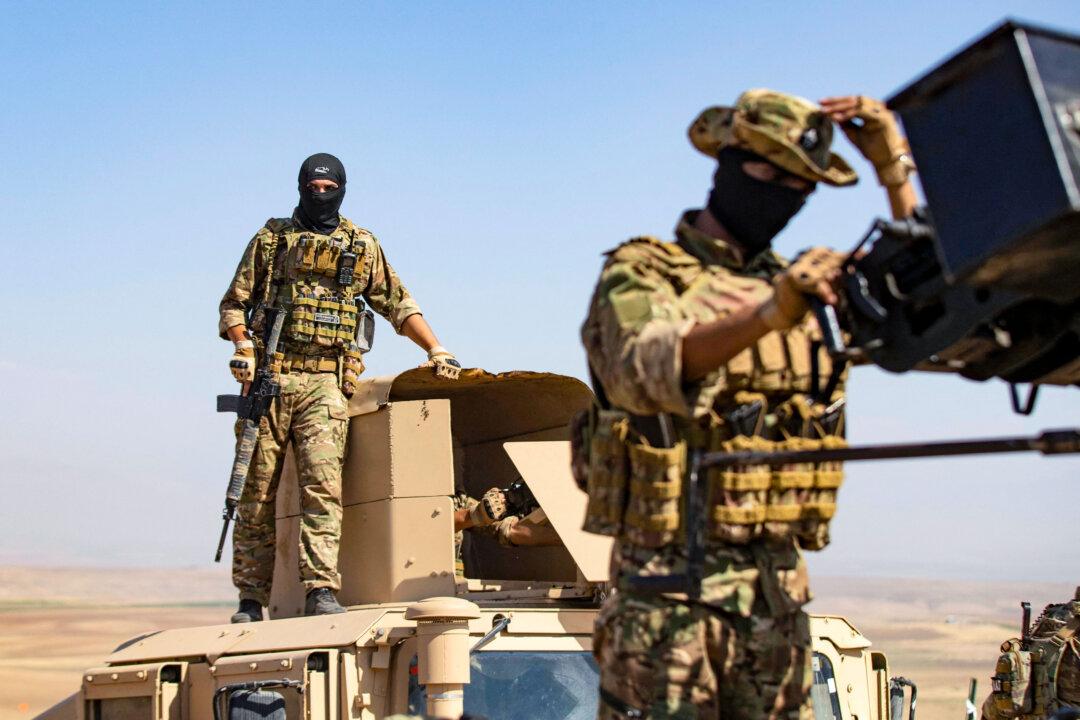Turkey will launch a fresh military offensive in Syria against the Kurdish YPG militant group if the latter fails to disband and lay down its arms, Turkish Foreign Minister Hakan Fidan has said.
“The ultimatum we gave them is clear,” Fidan said in remarks cited by Turkey’s Anadolu news agency on Jan. 8. “We’ve delivered it through the Americans and the media.





